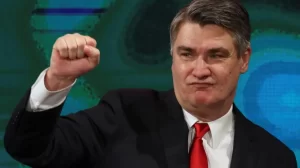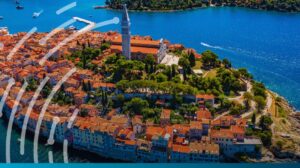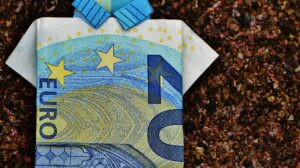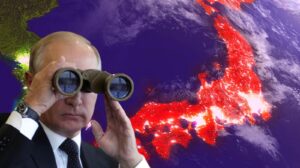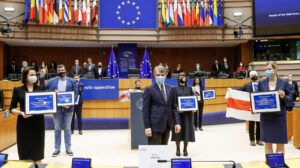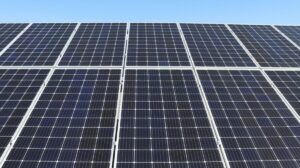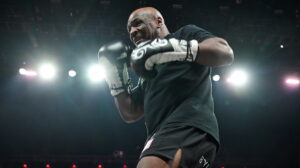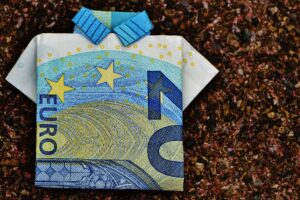Zoran Milanović, Croatia’s controversial incumbent social democratic president, is set to win a second term as he heads into the presidential election run-off on Sunday.
There is little mystery here, as Milanović nearly won outright in the first round in December with 49.1%, far ahead of his centre-right rival Primorac, who garnered just 19.4%.
Croatia, with a population of approximately 3.85 million, joined the European Union in 2013 and recently integrated further by joining the eurozone and the Schengen area in 2023.
Milanović’s presidency has been characterised by his fiery style and nationalist rhetoric, leading some to dub him the “Croatian Trump”, although his powers are in fact very limited.
Meanwhile, his opponent, Dragan Primorac, a pro-Western candidate backed by the ruling centre-right HDZ, has struggled to gain traction amid corruption scandals overshadowing his campaign.
Non gratus Bruxellis
For the EU, another five years of Milanović is not good news, but they should be able to live with it.
He opposed helping Ukraine in its war with Russia and threatened to block the NATO accession of Finland and Sweden, which eventually came to nothing.
From Brussels’ point of view, Milanović is a pariah, the opposite of what the EU establishment likes in a politician.
His critical stance on Western institutions has alienated Brussels and earned him a reputation as an outlier among EU leaders.
At home, however, he remains popular after nearly ten years in power – first as prime minister and then as president – and his rhetoric resonates with those who see him as a defender of Croatian sovereignty.
Low stakes and ‘flaming badger’
Despite the heated rhetoric, the stakes of the election remain low as the Croatian presidency has limited executive power, playing primarily a ceremonial and diplomatic role.
According to the Croatian constitution, Brussels won’t be dealing with Milanović, but with his political nemesis: centre-right Prime Minister Andrej Plenković, with whom he has a well-known enmity.
Milanović did not mince words about his Prime Minister, calling him names such as “flaming badger”, “snot”, “arsonist”, and “little rascal” to name a few.
The pro-EU Plenković on the other hand, is a darling in Brussels appreciated for his softer rethoric whose name had even been floated at some point as a possible president of the European Council.
There is therefore little chance that Milanović will be able to significantly influence Croatia’s position on key European issues such as Enlargement or the Croatian Presidency of the EU in 2026, which are the prerogatives of Plenković.
Milanović is well aware of the difference between his powers and those of the Prime Minister and it is why he triggered early parlamentary elections and ran for prime minister elections as real power resides in the prime minister’s office.
His candidacy sparked a constitutional controversy and the Constitutional Court ruled that Milanović could not run for prime minister or participate in the parliamentary election campaign unless he resigned from the presidency, citing the principle of separation of powers.
Despite the court’s decision, Milanović remained in office and continued to support the SDP during the election campaign, not without telling the Supreme Court that it is none of its business.
The elections ended with the centre-right HDZ maintaining its leading position in Croatian politics, while Milanović’s Social Democratic party, despite the president’s support, failed to secure a governing majority.
Thus, on Sunday, Milanović will very likely only be president, a consolation prize for him.

